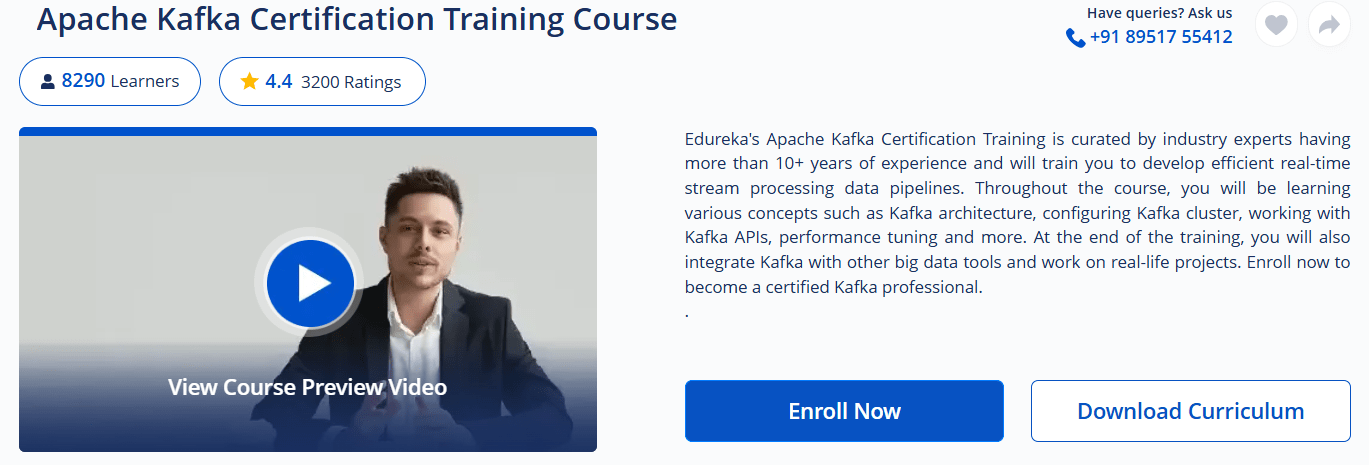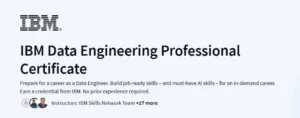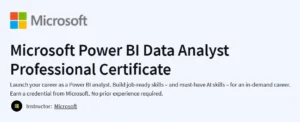What will you learn in Apache Kafka Certification Training Course
Grasp Apache Kafka’s core architecture: brokers, topics, partitions, and replication
Develop Kafka producers and consumers using Java/Python clients
Implement real-time stream processing with Kafka Streams and ksqlDB
Configure and manage Kafka Connect for integrating external systems
Secure and monitor Kafka clusters with ACLs, SSL, JMX, and metrics
Tune performance and scale clusters for high-throughput, low-latency streaming
Program Overview
Module 1: Introduction to Kafka & Cluster Setup
⏳ 1 week
Topics: Event streaming vs. messaging, Kafka ecosystem, Zookeeper vs. KRaft
Hands-on: Install Kafka, configure a multi-broker cluster, and create topics
Module 2: Developing Producers & Consumers
⏳ 1 week
Topics: Producer/consumer APIs, serializers/deserializers, consumer groups, offsets
Hands-on: Build a Java producer to publish events and a Python consumer to process them
Module 3: Kafka Streams Fundamentals
⏳ 1 week
Topics: Stream processing topologies, KStream vs. KTable, stateful vs. stateless ops
Hands-on: Implement a simple stream transformation and windowed aggregation
Module 4: ksqlDB & Interactive SQL on Streams
⏳ 1 week
Topics: ksqlDB architecture, defining streams/tables, pull vs. push queries
Hands-on: Create persistent queries to filter, enrich, and join topic data
Module 5: Kafka Connect & Connector Management
⏳ 1 week
Topics: Source vs. sink connectors, single message transforms, offset management
Hands-on: Configure JDBC source and Elasticsearch sink connectors with transformations
Module 6: Security, Monitoring & Operations
⏳ 1 week
Topics: SSL/TLS, SASL authentication, ACLs, JMX metrics, Prometheus/Grafana integration
Hands-on: Secure client connections and set up a Grafana dashboard for key metrics
Module 7: Performance Tuning & Cluster Scaling
⏳ 1 week
Topics: Partitioning strategies, replication factors, throughput tuning, rebalancing
Hands-on: Benchmark producer/consumer performance and optimize broker configs
Module 8: Capstone Project
⏳ 1 week
Topics: End-to-end event pipeline design, fault tolerance, disaster recovery
Hands-on: Build a complete real-time analytics pipeline ingesting, processing, and persisting streaming data
Get certificate
Job Outlook
Kafka skills are in high demand for roles like Streaming Engineer, Data Engineer, and Site Reliability Engineer
Widely adopted in fintech, e-commerce, IoT, and social media for mission-critical real-time data
Salaries typically range from $100,000 to $160,000+ depending on region and expertise
Mastery of Kafka ecosystem tools (Streams, Connect, ksqlDB) opens opportunities in modern data-driven architectures
Specification: Apache Kafka Certification Training Course
|
FAQs
- No prior Salesforce experience is required, but basic programming knowledge (like Java or C#) can be helpful.
- The course introduces Salesforce Platform, Apex, and Visualforce step by step.
- Hands-on exercises help learners understand object-oriented programming concepts in Salesforce.
- Basic familiarity with CRM systems can help but is not mandatory.
- By the end, learners can confidently develop custom applications on the Salesforce Platform.
- Yes, the course covers Apex classes, triggers, and Visualforce pages for custom development.
- Learners practice writing server-side logic, handling events, and creating dynamic user interfaces.
- Techniques include database operations, exception handling, and custom controllers.
- Hands-on exercises demonstrate real-world Salesforce development scenarios.
- Advanced Apex patterns and large-scale application design may require further practice.
- Yes, the course is designed to prepare learners for the official Salesforce Platform Developer 1 exam.
- Learners practice exam-focused topics, scenario-based questions, and best practices.
- Techniques include mastering triggers, classes, data modeling, and deployment processes.
- Hands-on exercises simulate real-world scenarios similar to exam questions.
- Passing the certification validates professional competency in Salesforce development.
- Yes, the course emphasizes practical application of Salesforce development skills.
- Learners practice creating custom objects, workflows, triggers, and Lightning components.
- Techniques include deploying changes between orgs, managing metadata, and automating processes.
- Hands-on exercises help learners implement solutions for real-world business requirements.
- Advanced deployment strategies and large-scale app management may require additional experience.
- Yes, Salesforce Platform Developer 1 certification is globally recognized and enhances career prospects.
- Learners can work as Salesforce developers, consultants, or technical administrators.
- Hands-on exercises provide practical examples to showcase development proficiency.
- Certification helps learners stand out for job roles, promotions, or freelance opportunities.
- Advanced career growth may require further Salesforce certifications or experience with integrations.





